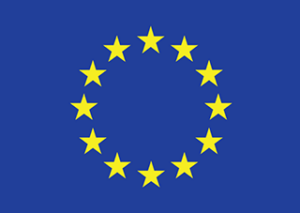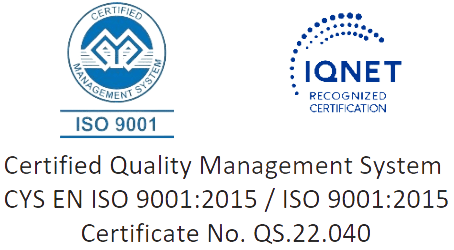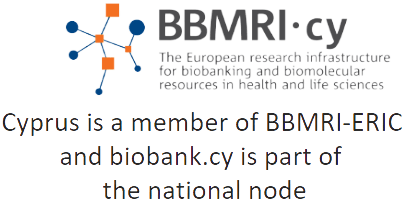CyMCies
Ciliopathies are among the fastest growing families of diseases with an alarmingly low therapeutic and diagnostic pipeline. The variable disease onset, in addition to the considerable genetic and phenotypic heterogeneity, underlie today a set of >55 cilia-related hereditary syndromes, collectively termed as “ciliopathies”. Pleiotropic clinical manifestations involving widespread distribution and differing functionality are typically the result of dysfunctional cilia reflected in multiple organs. Although the progressive development of genomic technologies and vast reduction of sequencing costs have led to the discovery of multiple ciliopathy-associated targets, classification of the early phenotypic allelism between different ciliopathic syndromes for precision diagnostics and therapeutics remains poor.
Primary Ciliary Dyskinesia (PCD) results from impaired mucociliary clearance, leading to chronic manifestations from the upper and lower airways. Although a rare genetic disorder, it has repeatedly reported as the most common MC with Cyprus exhibiting the highest prevalence of PCD cases in Europe. Respiratory tract symptoms are typically presented soon after birth and vary in severity, ranging from mild transient tachypnoea to significant respiratory failure. Progressive respiratory failure, at its final stage, requires long-term respiratory support or lung transplantation with huge socioeconomic burden and significant impact on patients’ lives. Current treatments are non-specific and alternatives are limited, mostly aiming at managing and delaying the trajectory of respiratory decline. Classical approaches for PCD detection and management are suboptimal, highlighting the urgent need for the development of reliable theranostic tools and personalized interventional strategies.
CyMCies aims to establish a National Biobanking Registry for PCD patients, paving a path of sustainable research opportunities and long follow-up studies. Utilizing biobank.cy’s infrastructure, an integrative multi-omics approach will be followed specifically for Cypriot and Greek PCD patients aiming to identify, establish, and validate novel non-invasive biomarkers as predictive markers for risk stratification or early-stage diagnosis. Genomic and transcriptomic profiling will be carried out by Molecular Medicine Research Centre (MMRC) and CyMCies, respectively, and data will be integrated for the identification of composite signatures between miRNAs from sputum-derived extracellular vesicles (EVs) and genetic variants. The functional significance of genetic variants with biomarker potential will be then evaluated in vivo, following a loss-of-function approach looking at the causative relationship between the disruption of candidate gene variants and cilia function. Overall, a high-resolution overview of gene and/or miRNA interactions reflecting key regulatory mechanisms and novel biomarkers are expected to arise promoting personalized interventions and improved outcome for PCD patients.
CyMCies is the first study of a respiratory disease to be implemented in the realm of biobank.cy’s activities, and its participating patients is the first cohort with respiratory defects to be constructed in a biobank setting in Cyprus.







